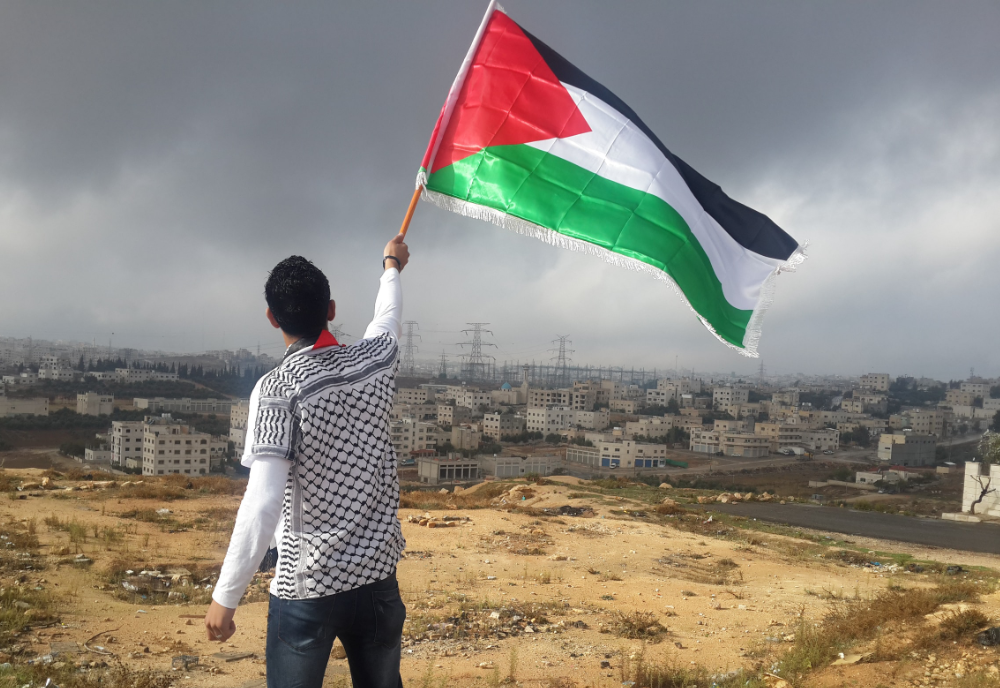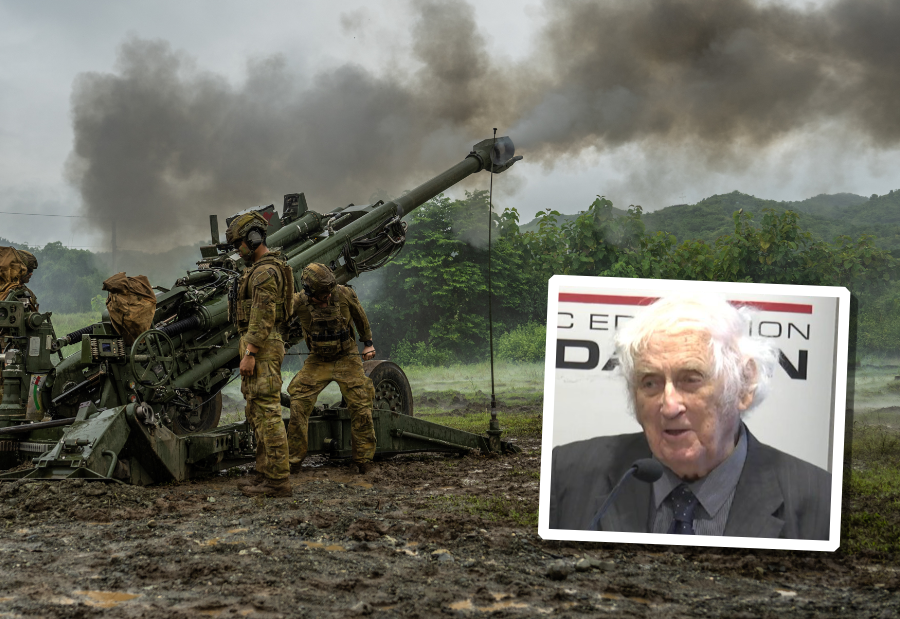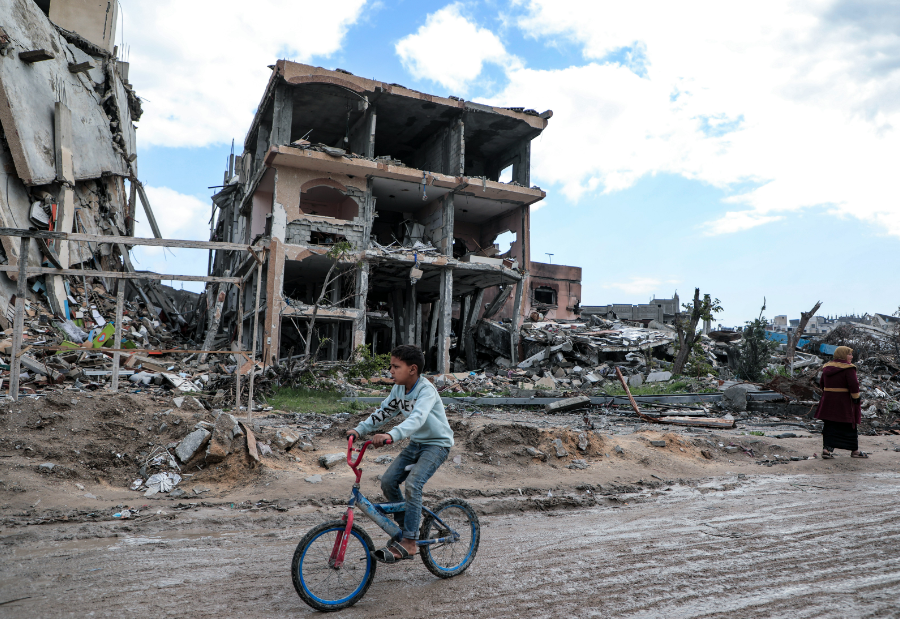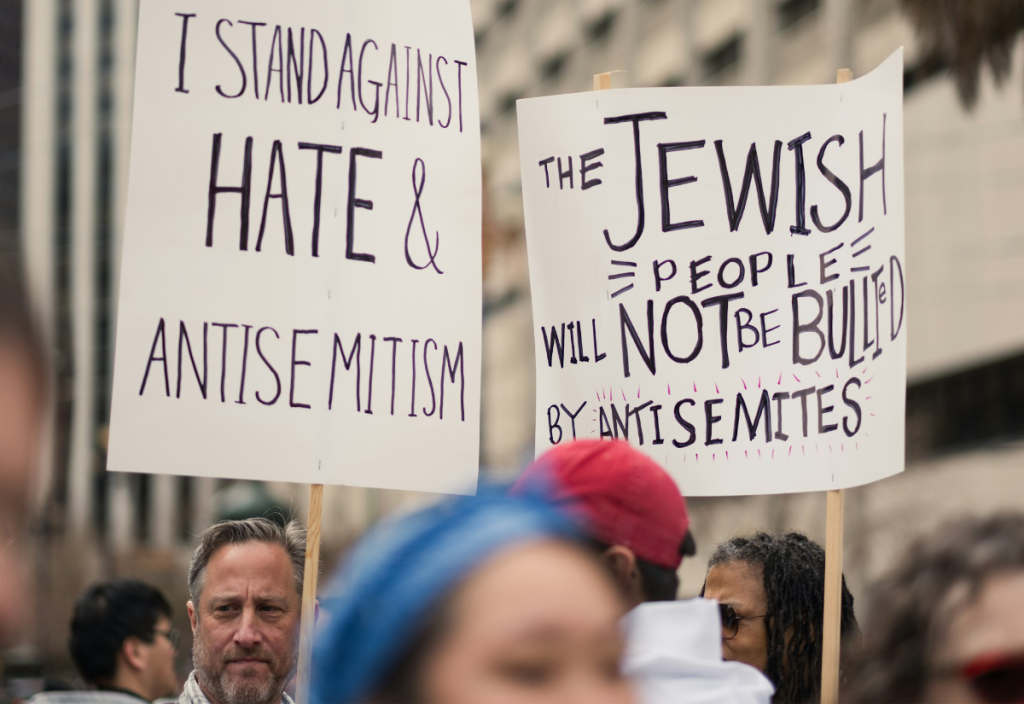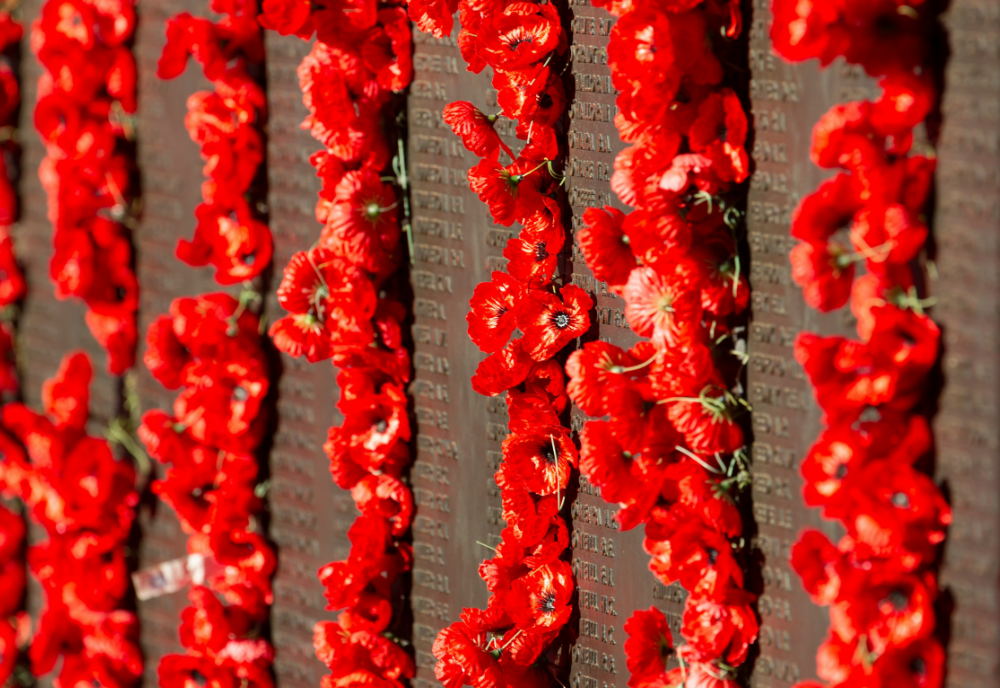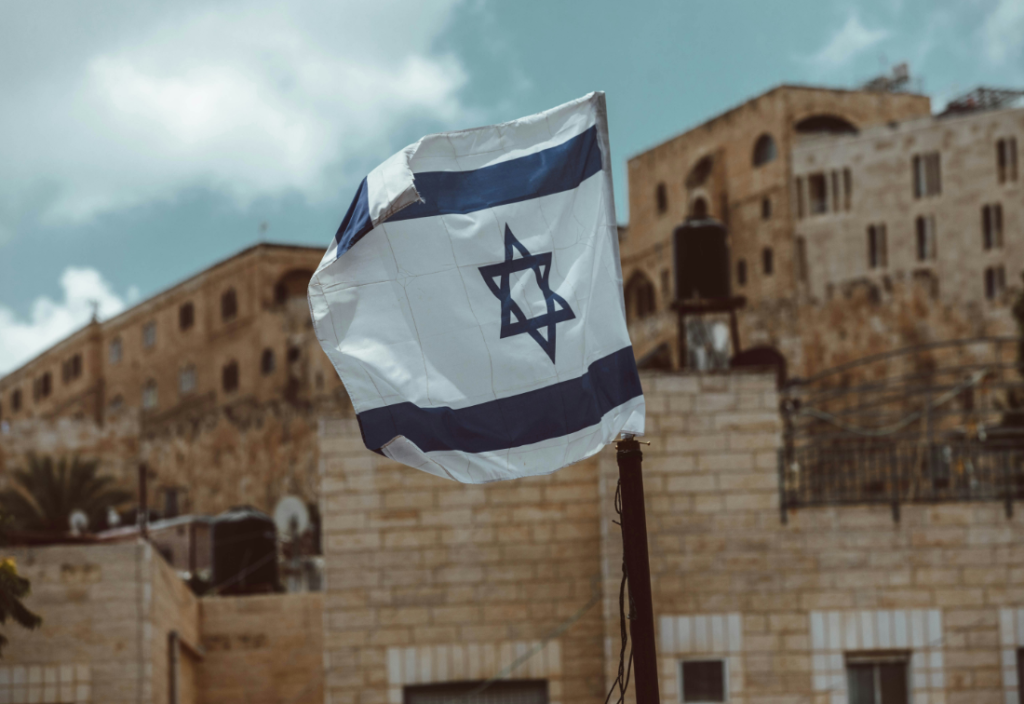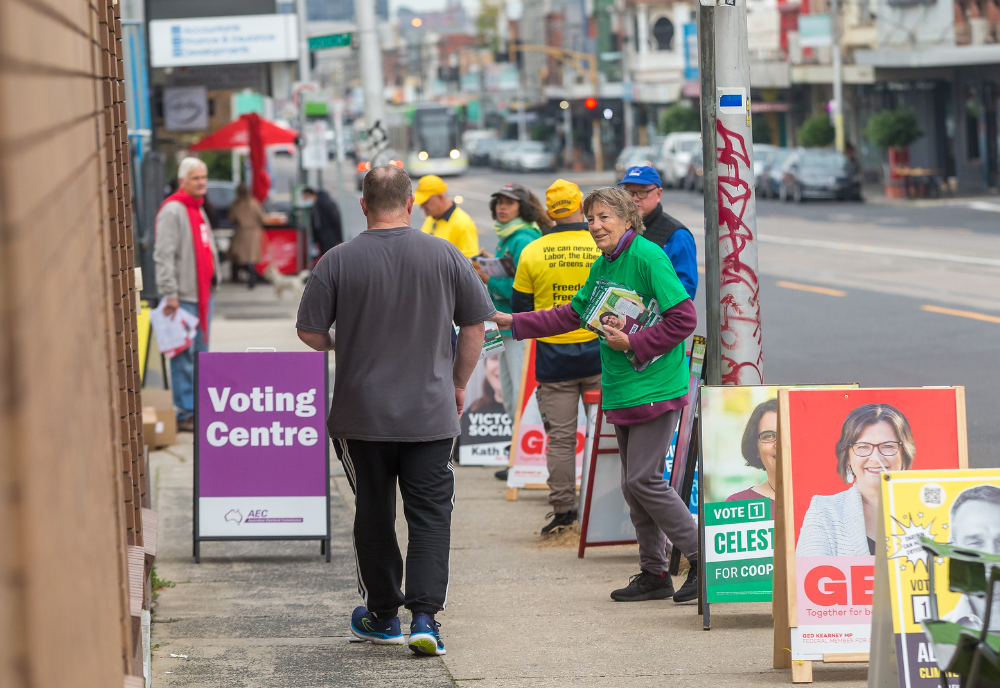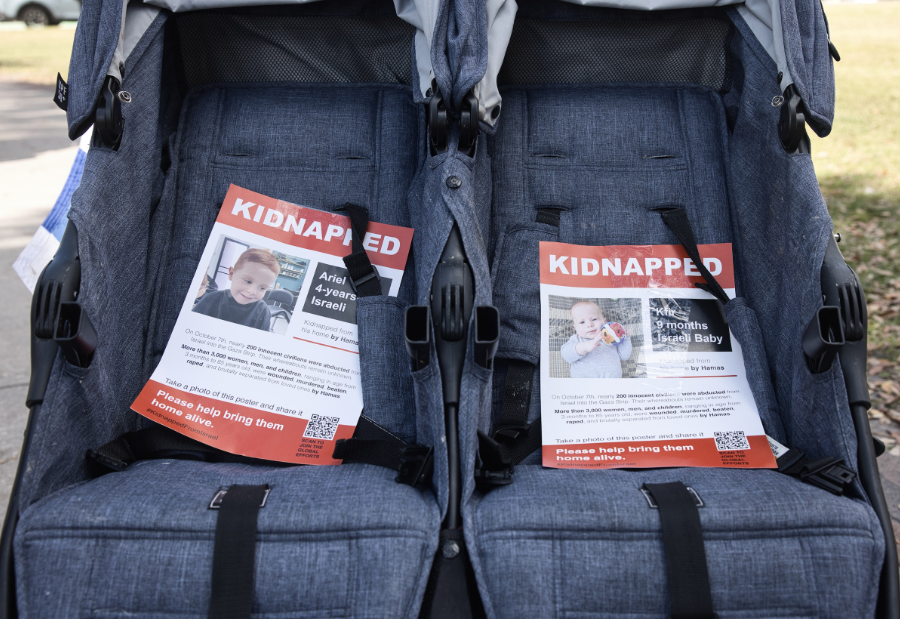Truth, an old saying has it, is the first casualty in war. Why would that be? Because the universal tendency of human beings to partiality and confirmation bias, fueled by fear and rage, reinforced by the propaganda of warring state authorities and their policies of censorship and secrecy, serves to undermine both dispassionate thought and fearless reporting from the front.
It astonished me that, in the immediate aftermath of the appalling razzia – a French word derived from the Arabic word ghazah, meaning violent raid – by Hamas terrorists on 7 October, so many people celebrated both the massacre and indiscriminate brutality of Hamas and called for support of ‘Palestine’ and its liberation, while denouncing Israel. Among these were people here and overseas, not only in the Muslim world but even in Western universities.
As a committed rationalist, I had to begin by mastering my own horror and outrage, bewilderment and contempt. I had to ask myself, ‘What could I be missing here? Where might I be rushing to judgment? What possible courses of action are now open to Israel, other than what Benjamin Netanyahu has declared: a war against Hamas, regardless of the cost, that will echo down the generations?’
My first step was to pick up, from off my bookshelves, Norman Finkelstein’s Gaza: An Inquest Into Its Martyrdom. Finkelstein, as his name suggests, is Jewish. He is an American Jew. And he has been a relentless critic of the Zionist project in Israel for many years, alongside Noam Chomsky. His book is a damning indictment of Israel’s treatment of Gaza and the costs of its regular military assaults on it.
Reading Finkelstein did not convert me to the cause of Hamas, much less to extenuating its atrocities on 7 October. But it did allow me to rebalance and see things from a different and calmer point of view. It enabled me to pull back from reflex, emotional support for Netanyahu’s war and reflect on questions of geopolitical judgment and strategic options.
Given that the war Hamas began teeters on the brink of becoming a Middle East-wide conflagration, involving Hezbollah and, therefore, Lebanon, Syria, Iran, Turkey and the United States, such cooler thinking is clearly required.
As it happens, on the eve of the outbreak of war, I was preparing to depart for Israel myself to attend two conferences on international security. The first was to be in Tel Aviv, on 29-30 October and was to be followed by visits to the Gaza border and the Golan Heights, at either end of Israel. The second was to be in Jerusalem between 5-7 November, where I was to be a keynote speaker and summation panel member, giving a paper on Australia, China and the Indo-Pacific.
Those plans have been scuttled. It was chilling to reflect that I had been set to visit Sderot and other townships on the Gaza border in late October, and that those townships and kibbutzim have just been reduced to a blood-soaked shambles by Hamas, with 1400 civilians slaughtered – often in grotesque ways – more than 3000 wounded, and 200 hostages taken. Now that whole area is a war zone.
The second book I turned to, in my search for balanced judgment on my own part, was Ami Ayalon’s Friendly Fire: How Israel Became Its Own Worst Enemy. Ayalon writes with some authority and gravitas. He is a former commander of the Israeli Navy, former Director of Shin Bet (Israel’s premier internal security and counter-terrorist organisation), a former cabinet minister and a recipient of the Medal of Valour, Israel’s highest military honour.
He is also one of the former heads of Shin Bet interviewed at length for Dror Moreh’s path-breaking 2012 documentary The Gatekeepers, which documented Israel’s treatment of the Palestinians and internalisation of a pessimistic containment policy, rather than a committed, bipartisan and practical policy of keeping the door open to a two-state solution.
I recommend both the book, which is recent, and the documentary, which I have watched many times over the past decade.
Those are all correctives to rushing to judgment in the present crisis. Yet, even if one is willing and able to calm down sufficiently as to question the reflex response of Israel, where can one take calm thinking in the circumstances? And, even if, from a safe distance – Melbourne is about as safe a distance from the theatre of war as one could get – how is it possible for one’s calmness to have any impact on the passions that have been stirred up and that are edging towards a very brutal war?
Perhaps a good Stoic would say that hoping one’s philosophical rationalism will reshape the course of world affairs is delusional. The best one can hope for is to play one’s own part with calm and dignity. That much, I would like to believe, I have set myself on the path to achieving.
What comes next will, I expect, fully test my capacity – and that of all of us – for dispassionate judgment and moral perspective. But my own path begins with this short offering to readers of Rationale magazine.
In 10 days time, I fly not to Tel Aviv but to New York, where, on 9 November, I shall be giving a paper to a small gathering of Fellows of the Institute for Law and Strategy, of which I am myself a Fellow. Its title is ‘Ukraine, Gaza, Taiwan? Geopolitics and the Growing Crisis in World Affairs’. It’s an attempt to put not only the war in Gaza but the crises around the world into some kind of informed and rational perspective.
Here is the question I am left with concerning Gaza right now: What purpose did Hamas think would be served by launching a barbaric attack on unarmed civilians, butchering women, the elderly, children, even babies in the cradle or the bellies of their mothers? Concessions from Israel? Peace negotiations? Sympathy? That it got the last of these staggers one. Now come the dogs of war.
If you wish to republish this original article, please attribute to Rationale. Click here to find out more about republishing under Creative Commons.
Photo by Ahmed Abu Hameeda on Unsplash.

